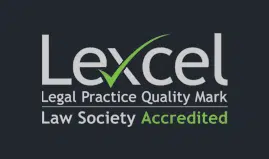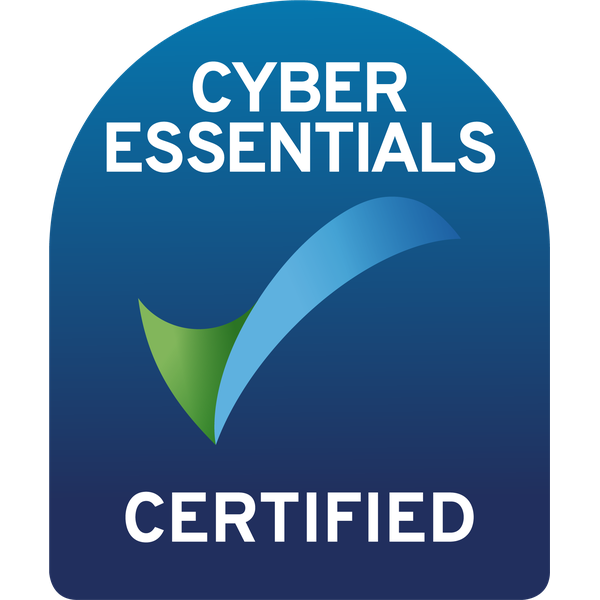Costly legal action is rarely an appealing choice for those facing a business dispute. This is why it is important to consult experienced solicitors who can work in a cost-effective and time-efficient way – allowing you to get back to your everyday life as quickly as possible.









